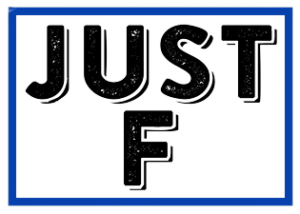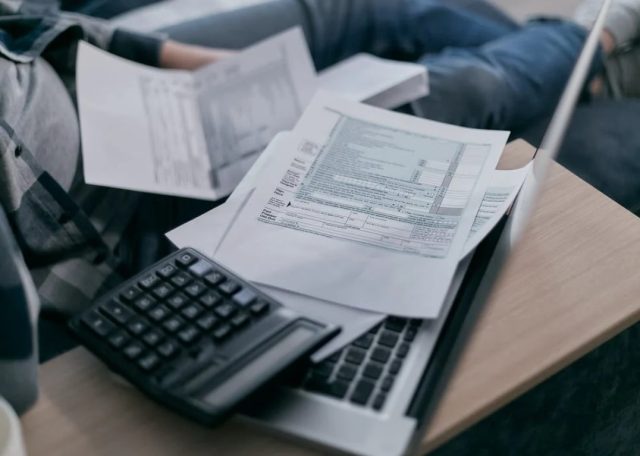Managing business finances effectively is one of the most important aspects of running a successful business. When running a small business, it can be challenging to determine when getting a loan can be beneficial and how to repay it as faster as possible. Small businesses with excessive loans usually experience troubled cash flow. If you owe debt with a high-interest rate, you should create a plan to pay down debt as faster as possible.
The article contains useful tips for paying down business debt faster and improving overall business finances.
1. Assess your debt

When paying down a business debt, assessing your debt is the first thing you should do.
List down your debts to get a clear picture of how much you owe and your capability to pay it down. When you have an exact figure of loan you need to pay, you can create a better plan to become debt-free as soon as possible. Experts say that you should pay off the expensive debt first to save bucks in terms of paying less interest. No matter how you are planning to eliminate business debt, you should make consistent monthly payments without missing out on a single one.
2. Create a Monthly Business Budget
Creating a budget plan shows how much will go towards business expenses and how much money you will have to pay down your debt. Budgeting helps you keep business operations running smoothly while setting aside some money each month to pay off debt.
As a result, you can get out of debt quickly without having an impact on your monthly spending plan. A lot of applications and tools are out there that can be used by small businesses for budgeting and finance tracking.
3. Cut Down unnecessary expenses

After creating a budget plan, you can have a clear idea of expenses that are productive and overheads that are unproductive and you can cut down to save the business money.
For instance, if a big part of business money goes to office space expenses every month, you can allow some workers to work from home. Instead of spending too much money on paid advertising, opt for marketing methods like blogging or social media marketing to reduce marketing costs and save more to pay off debt faster.
4. Consolidate Business Debts
As a small business owner, if you are juggling multiple debts, you can consider debt consolidation to combine and pay them down faster. This reduces the multiple monthly payments to a single one and also helps you save bucks on the interest. If it is credit card debt, you can use a balance transfer credit card to move the balances of your existing cards to a new card with a lower interest rate or a 0% introductory APR period. If you need to manage multiple loans, you can apply for a large business loan with a lower interest rate. However, you should find a reliable consolidator with better terms to make small business loan repayment easier and more effective. This also provides you with more flexible payment terms and a relatively lower interest rate so you can diminish the amount you owe.
5. Negotiate with Your Lenders

If a current debt repayment structure is not working for your business, you should contact the lender to discuss and revise the payment terms. Things that a lender can revise or renegotiate are the interest rate, total payment period, and the amount you owe.
Financial institutes are not likely to eliminate debt but they can offer you some flexible terms so you can pay down debt easily. For instance, your lender may be ready to reduce the interest rate percentage if you make monthly loan installments on time. A lender can also offer a rebate if you make more than the minimum monthly payment. So, don’t be afraid to discuss the matter with a lender and make use of any discounts or reductions the lender offers.
Conclusion
A small business help could be the best way to fulfill the financial needs of your business.
But you should pay it off on time to avoid any financial pitfall in the future. Above mentioned loan repayment tips can help you develop a better debt repayment plan for your small business.







